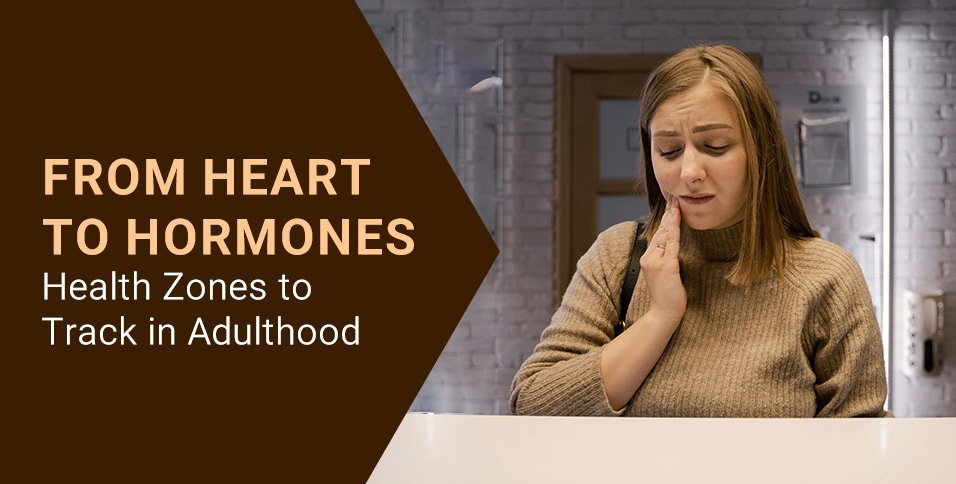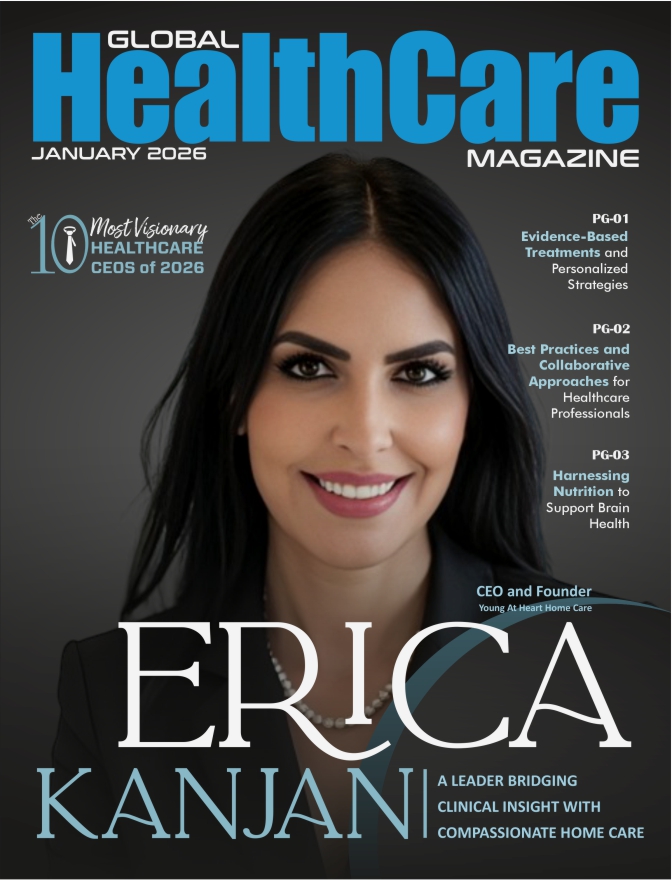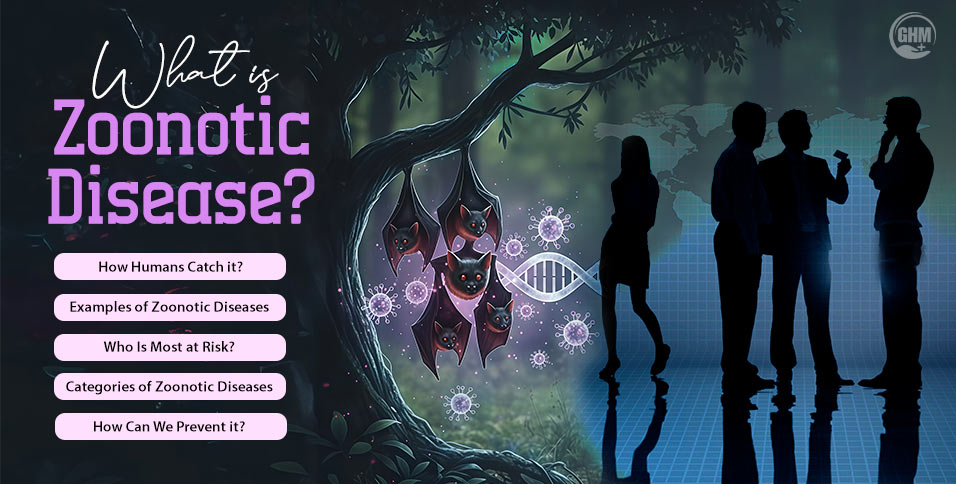Adulthood brings with it a relentless stream of responsibilities—careers, relationships, bills, and planning for the future. Amidst this daily hustle, there’s one area that often ends up neglected: our health.
Even in cities like Cleburne, where the cost of living is far more forgiving than in large urban centers, people might overlook health. The irony? Health is the one investment that pays the highest returns—mentally, emotionally, and financially—over the long run.
This article discusses seven essential health zones adults should actively track. Whether you’re managing a packed schedule or just unsure where to start, this guide will help you rethink your priorities and take actionable steps toward lasting well-being.
1. Oral Health: More Than Just a Smile
Oral health tends to be underestimated, often reduced to brushing, flossing, and the occasional cleaning. But your mouth offers more than just a smile; it can be an early warning system for other conditions like diabetes, heart disease, and infections. What many people don’t realize is that even if you had braces as a teen, your teeth can shift as an adult. One common reason? Wisdom teeth. As they emerge, they can push against neighboring teeth, creating misalignment.
Adults frequently assume it’s too late or too complex to correct crooked teeth, but that isn’t true. Orthodontic treatments are not only accessible for adults but are often less invasive than people imagine. And while options exist, accessibility is key. In places like Cleburne, where specialized care may require planning ahead due to distance from major cities, it’s important to identify reliable professionals in your local area.
When searching for a Cleburne orthodontist near me, look for not just proximity but also an experienced, well-reviewed professional who understands adult orthodontic needs.
2. Cardiovascular Health: Your Lifeline
Your heart is the hardest-working muscle in your body. It doesn’t take breaks, and yet many of us don’t give it the care it needs. Cardiovascular issues can build quietly—high blood pressure, cholesterol buildup, or early signs of arterial hardening often go unnoticed. It’s only when symptoms like fatigue or chest tightness emerge that we begin to worry.
Routine screenings can help you catch issues before things get out of hand. Monitoring your blood pressure at home, getting cholesterol checked yearly, and maintaining physical activity are important steps.
Lifestyle adjustments like reducing processed foods, minimizing stress, and moving your body regularly can make a massive difference in long-term heart health.
3. Blood Sugar Balance: Beyond Diabetes
Blood sugar regulation isn’t only relevant for people with diabetes. In fact, frequent spikes and crashes in glucose levels can affect your energy, mood, concentration, and even cravings. You might feel constantly tired after meals, or notice mid-day crashes that disrupt your focus.
Checking your A1C levels annually gives insight into how your body handles sugar over time. Incorporating complex carbs, fiber-rich vegetables, and proteins into your meals can help stabilize your blood sugar naturally. Even small steps like avoiding sugary drinks or taking short walks after meals can support healthier glucose levels.
4. Gut Health: The Core of Immunity and Mood
Your gut is home to trillions of microorganisms that do far more than aid digestion. They influence your immune system, regulate inflammation, and even affect how you feel mentally. When gut health is off, you might experience bloating, fatigue, breakouts, or frequent colds.
Gut health depends heavily on diet. A diverse intake of fiber, fermented foods like yogurt or kimchi, and probiotic-rich supplements can help maintain balance. Reducing processed foods and artificial sweeteners also allows good bacteria to thrive.
5. Mental Health: Daily Maintenance, Not a Crisis Fix
Mental health isn’t only about major life events or trauma. Often, it’s about how we handle the everyday stresses of work, relationships, and personal expectations. While it may not always show up as something dramatic, low-level anxiety, irritability, trouble sleeping, and even procrastination can all signal that your mental well-being needs attention.
The problem is, mental health often gets pushed aside unless things reach a crisis point. But just like physical health, emotional wellness benefits from regular maintenance. Practices like mindfulness, daily walks, journaling, and therapy can help build resilience.
6. Bone Density and Joint Health: Aging Starts in the Skeleton
Bones quietly lose density as we age. You won’t notice it until you experience stiffness, joint discomfort, or worse—a fracture. This is especially common in adults over 40, but it often goes unmonitored unless a problem appears.
Calcium and vitamin D play important roles in keeping bones strong, but nutrition alone isn’t enough. Weight-bearing exercise like walking, strength training, or yoga encourages bone remodeling and helps maintain density. Joint health, too, benefits from movement and flexibility routines. Sitting for long hours or skipping physical activity puts extra strain on your joints and ligaments.
7. Hormonal Health: Not Just a Women’s Issue
Hormones act as the body’s communication system, affecting sleep, metabolism, mood, and reproductive health. While they naturally fluctuate with age, stress, and lifestyle, imbalances can lead to chronic fatigue, irritability, weight gain, or sleep issues.
Both men and women should be aware of hormone changes. If you suspect a problem, hormone testing through a healthcare provider can help identify the issue and guide treatment options.
Your Mind and Body Are Your Responsibility
Adulthood may be busy, but your health doesn’t have to take a backseat. The key is awareness—tuning in to your body before things go wrong. Health isn’t just about avoiding illness; it’s about living fully, with energy, strength, and clarity. Taking action in even one of these areas can start a ripple effect that benefits every part of your life. The best time to prioritize your health was yesterday. The next best time is today.













